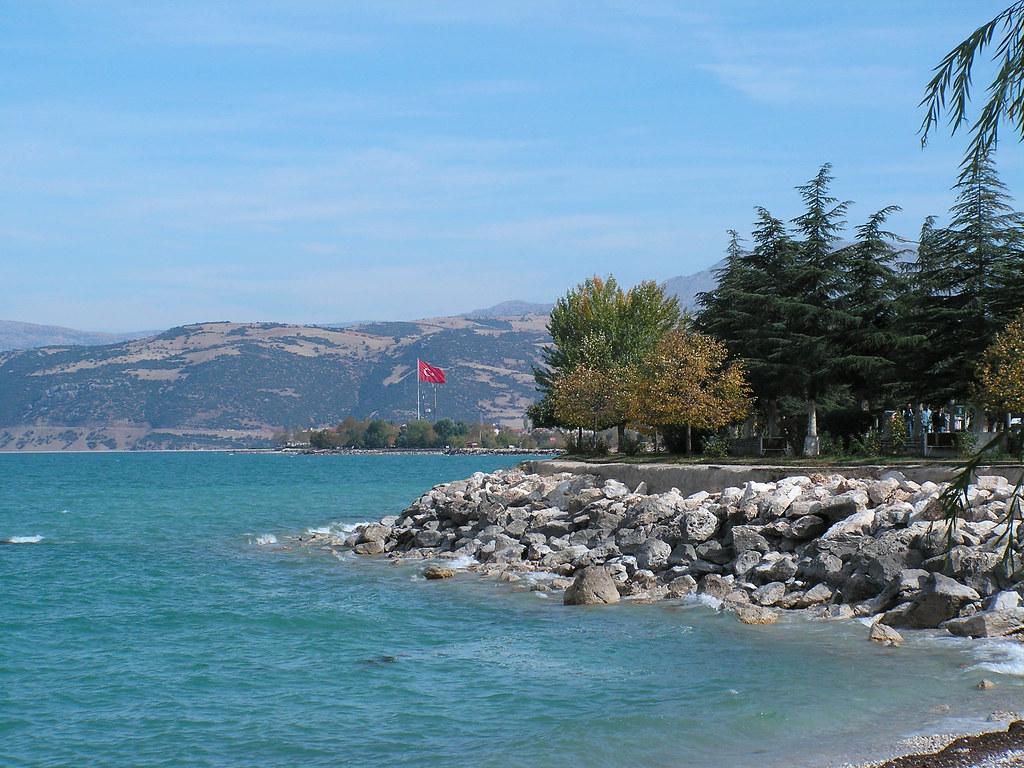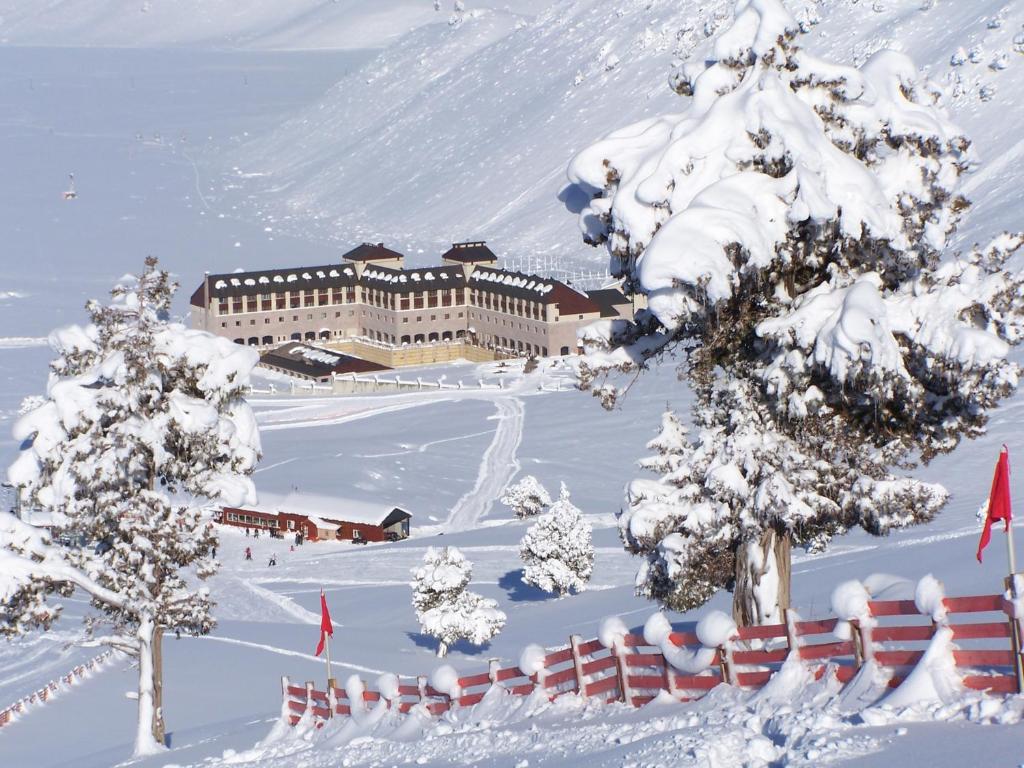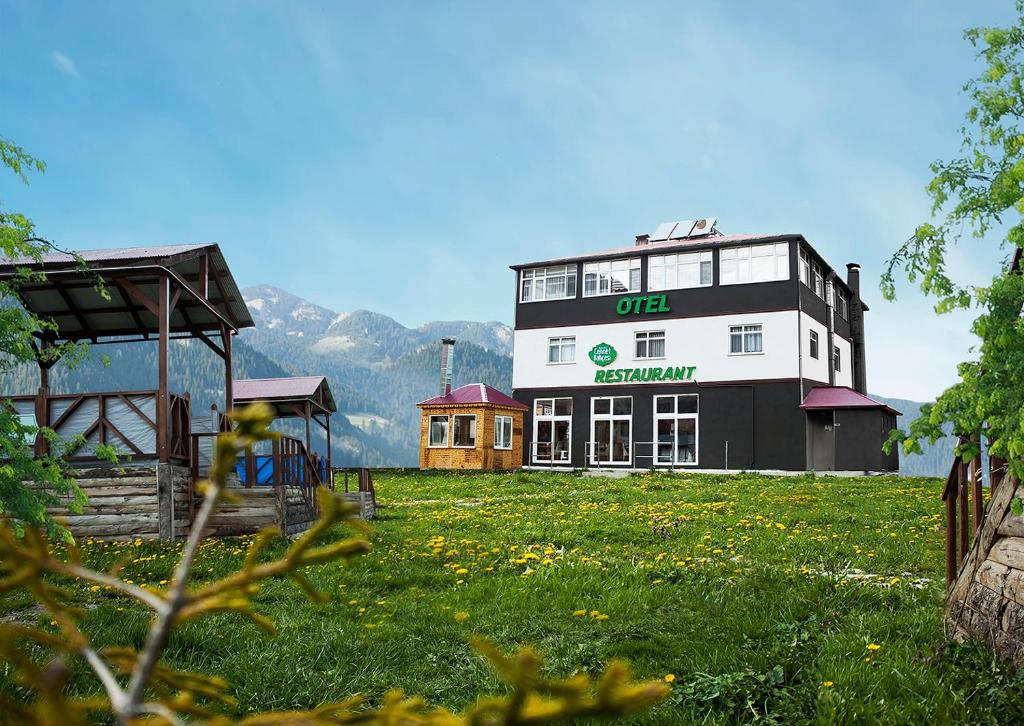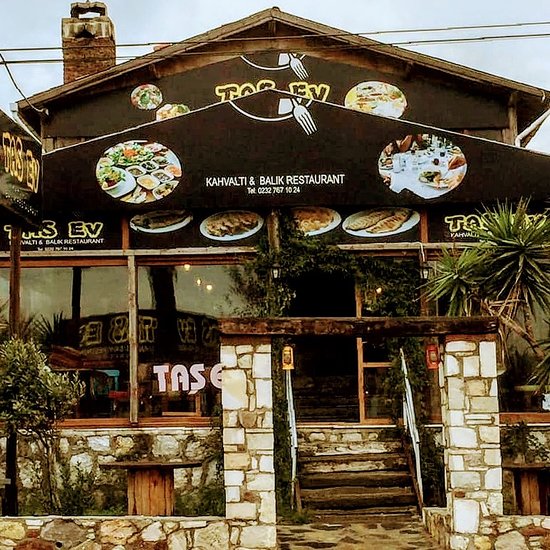Isparta
WELCOME TO Isparta
Province Overview
Isparta
8,964 km2
440,000
Turkish

Popular
Geography and Tourist Attractions
Information about the province's tourist attractions, including popular destinations, events, and activities.

Lake Eğirdir

Davraz Ski Resort

Lavender Fields of Isparta
Political
Economy and Government
Isparta, a province in Turkey, has a diverse economy and is governed within the framework of the Turkish Republic. The region's economy is primarily based on agriculture, industry, and services.
Agriculture plays a vital role in Isparta's economy, with the province being known for its production of rose oil, lavender, and various agricultural products. The fertile land and favorable climate contribute to the success of the agricultural sector, which includes the cultivation of fruits, vegetables, and grains.
The industrial sector in Isparta is also significant, with textile manufacturing, carpet production, and food processing being key contributors. The province is home to several industrial zones and factories, attracting investment and providing employment opportunities.
Tourism is another important sector in Isparta, with its natural beauty, historical sites, and cultural attractions attracting visitors. The region's picturesque landscapes, including Lake Eğirdir and the Lavender Fields, offer opportunities for ecotourism and leisure activities.
The government of Isparta is responsible for local administration, public services, and implementing national policies. It works towards promoting economic growth, attracting investments, and improving infrastructure and services in the province. The government also plays a role in preserving the natural and cultural heritage of Isparta, ensuring sustainable development and promoting tourism.
Overall, Isparta's economy thrives through its agricultural products, industrial activities, and tourism potential, while the gover

History
History and Culture
The province of Isparta in Turkey has a rich history and vibrant culture that reflect its deep-rooted heritage. Throughout the ages, the region has been home to various civilizations and witnessed the rise and fall of empires, leaving behind a tapestry of historical and cultural influences.
Isparta boasts a fascinating history, with archaeological sites revealing traces of ancient civilizations such as the Hittites, Phrygians, and Lydians. The city of Antiochia ad Pisidiam, located in Isparta, was an important Roman and Byzantine center, showcasing architectural remnants and historical artifacts.
The culture of Isparta is deeply influenced by its agricultural traditions. The province is famous for its rose and lavender cultivation, which has shaped its cultural identity. The annual Rose Festival celebrates the region's rich heritage, featuring parades, music, dance, and exhibitions.
Isparta's cultural heritage also includes traditional arts and crafts, such as carpet weaving, handcrafted textiles, and woodwork. The region's folklore, music, and cuisine contribute to its unique cultural tapestry.
The people of Isparta take pride in preserving their cultural traditions and passing them down through generations. Traditional festivals, including wedding ceremonies, henna nights, and folk dances, provide glimpses into the province's cultural practices and customs.
Isparta's history and culture are celebrated through museums, exhibitions, and cultural events, providing visitors with opportunities to explore and appreciate the province's fascinating heritage. The combination of historical sites, cultural traditions, and warm hospitality make Isparta a captivating destination that offers a glimpse into Turkey's rich history and diverse cultural fabric.
HOTELS

Barida Hotels

Sirene Davras Hotel

Cennet Bahçesi Hotel
RESTAURANTS

Mevlana Restaurant

Mado Café & Restaurant

